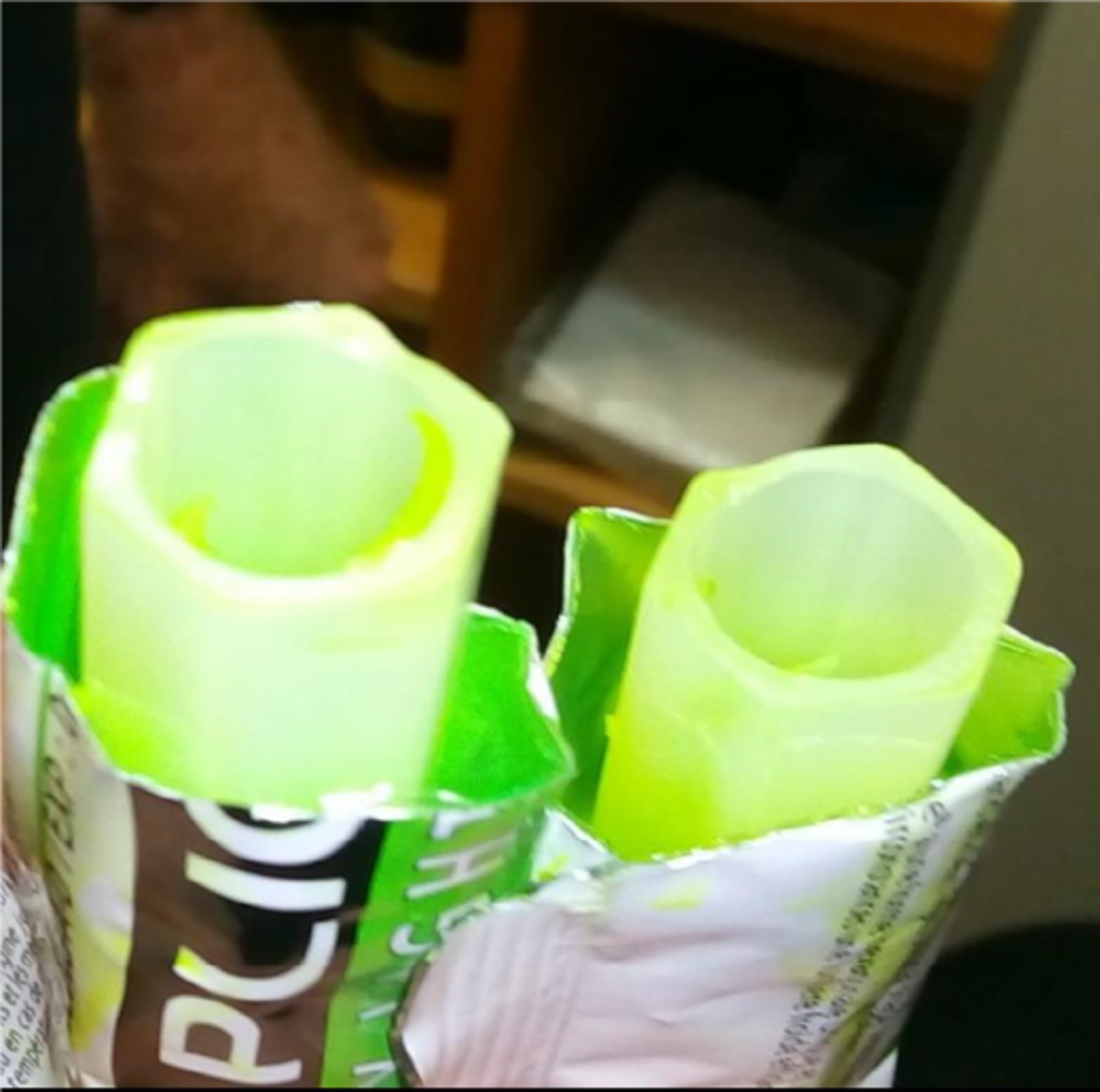Glow sticks breaking open – chemical splash risk
- Safety Flash
- Published on 3 December 2018
- Generated on 4 July 2025
- IMCA SF 26/18
- 1 minute read
Jump to:
While activating a ‘glow stick’ the casing snapped releasing the glow dye.
What happened?
Our member noted that a number of sticks from the same batch broke open, releasing the chemical dye contents.

What went wrong? What were the causes?
Probable causes noted:
- Storage – the plastic from which these are made is known to be brittle if exposed to extreme temperatures. This may be a probable cause considering warehousing locations of the item.
- Issues with manufacture – the manufacturer speculated that “during the injection when we make the tube a small piece of dust [may have] prevented the tube from forming properly which can cause this type of phenomenon.”
What actions were taken? What lessons were learned?
- Ensure long-term storage in appropriate air-conditioned environment.
- When opening such light sticks, do so well away from your eyes, and wearing protective gloves.
- Check expiry date and/or authenticity of existing stock of such materials.
Related Safety Flashes
-
IMCA SF 21/18
17 September 2018
-
IMCA Safety Flashes summarise key safety matters and incidents, allowing lessons to be more easily learnt for the benefit of the entire offshore industry.
The effectiveness of the IMCA Safety Flash system depends on the industry sharing information and so avoiding repeat incidents. Incidents are classified according to IOGP's Life Saving Rules.
All information is anonymised or sanitised, as appropriate, and warnings for graphic content included where possible.
IMCA makes every effort to ensure both the accuracy and reliability of the information shared, but is not be liable for any guidance and/or recommendation and/or statement herein contained.
The information contained in this document does not fulfil or replace any individual's or Member's legal, regulatory or other duties or obligations in respect of their operations. Individuals and Members remain solely responsible for the safe, lawful and proper conduct of their operations.
Share your safety incidents with IMCA online. Sign-up to receive Safety Flashes straight to your email.